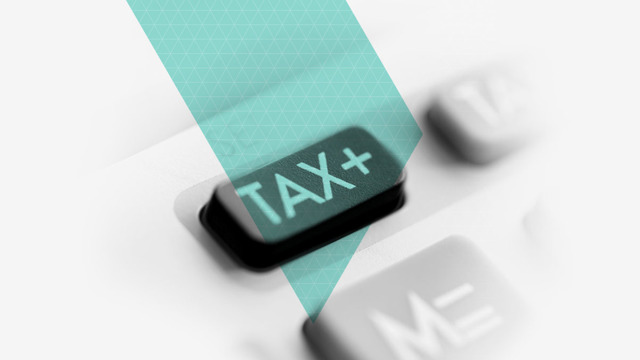New Zealand's government was sworn in on November 6, following the general election held on October 17 2020. Tax rate increases for individuals and a renewed focus on the taxation of multinational enterprises will be among the government's priorities.
The general election saw a return to power of the Labour Party, with the party winning a majority of the seats in Parliament. The Labour Party holds 65 seats in the 120 seat House of Representatives, while the Green Party (which has traditionally supported the Labour Party) holds 10 seats. The remaining seats are held by the National Party (33 seats), Māori Party (2 seats) and ACT Party (10 seats).
New Zealand has a parliamentary system of government, with ministers appointed from members of Parliament. The new government is comprised of members of the Labour Party and, pursuant to a cooperation agreement, two members of the Green Party who will hold ministerial positions outside the cabinet.
New Minister of Revenue and Parliamentary Under-Secretary
Under successive governments, tax policy has been the joint responsibility of the Minister of Finance and the Minister of Revenue. This is not expected to change.
Grant Robertson will continue as Minister of Finance but a new Minister of Revenue, David Parker has been appointed. In addition, Dr Deborah Russell has been appointed as Parliamentary Under-Secretary to the Minister of Revenue.
Tax policy priorities
Prime Minister, Jacinda Ardern, has stated that "the new Labour government will have two overarching priorities: to drive our economic recovery from COVID-19, and to continue our health response to keep New Zealanders safe from the virus."
A tax policy work programme detailing the government's priorities has yet to be released but tax policy priorities are expected to include the Labour Party's tax-related election promises. Those were:
-
Increasing the top personal tax rate from 33% to 39%, with the 39% rate applying to income over NZ$180,000. This change seems likely to take effect from the beginning of the new income year, on April 1 2021; and
-
To "continue closing tax loopholes to make sure multinational corporations pay their fair share".
The Ardern government has repeatedly ruled out introducing a capital gains tax, or a comprehensive wealth tax (such as was proposed by the Green Party).
Taxation of multinational enterprises expected to be a priority
In a speech to the OECD's New Approaches to Economic Challenges conference a week before New Zealand's general election, the new Minister of Revenue (in his then capacity as Minister for Trade and Export Growth) commented that "digital multinationals can still avoid paying a fair amount of tax" and that "[t]his is mostly due to flaws in the current international income tax framework". He went on to state that the "government will seriously consider a [unilateral digital services tax] if the OECD is unable to reach a solution."
The new government can therefore be expected to continue its focus on international tax issues and in particular on the taxation of large multinationals.



